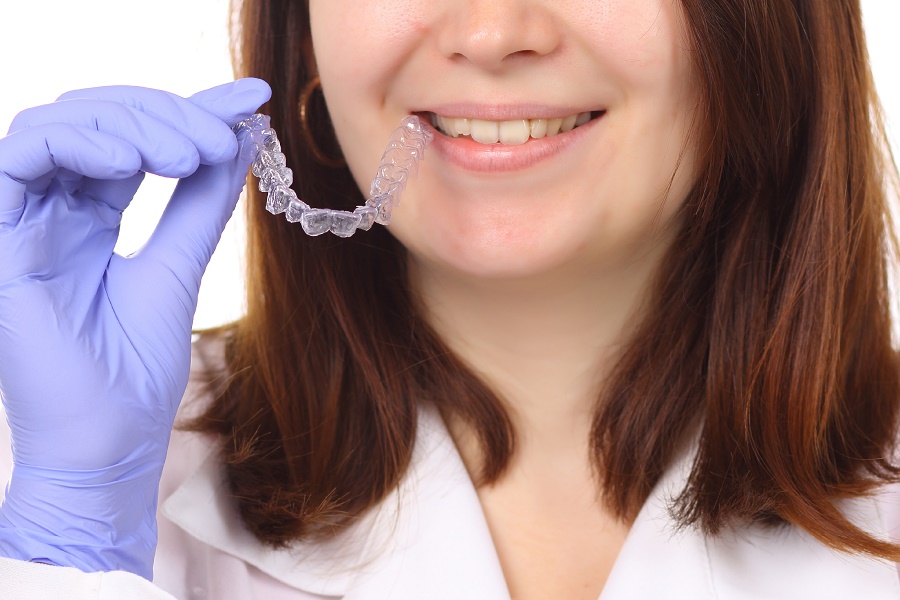Did you wake up with a sore teeth or jaw or maybe a headache this morning? Does someone hear nighttime grinding noises from your side of the bed? You may be suffering from Bruxism- the grinding and clenching of teeth.
For many, Bruxism is an unconscious habit. Some may not even realize it until someone comments that they make a horrible grinding sound while sleeping. Some potential signs of bruxism may also include aching in the face, head, and neck. Your dentist Newport Beach can make an accurate diagnosis and determine if the source of facial pain is a result of bruxism.
The condition occurs unconsciously regardless of whether you’re asleep or awake. It is also known to affect daytime tasks like lifting heavy objects, driving, reading, and writing. The research found that chronic teeth grinding can result in fractures, loosening, or total loss of teeth. In some instances, bruxism can wear the teeth down to stumps.
So how can you tell if your teeth clenching or grinding at night is going to cause dental problems for you? Look for these symptoms:
- Morning headaches
- Sore jaw or facial muscles
- Chipped or cracked teeth
- Sensitive or loose teeth
- Impressions or indentations on your tongue
People who grip or grind their teeth (brux) during sleep possibly have other sleep disorders like snoring and pauses in breathing called sleep apnea.
Emotional stress or anxiety could also cause people to clench and grind their teeth. To stop Bruxism, start addressing stressful situations in your life. Let go of negative thoughts. As you drift off to sleep, be aware of the tension in your jaw. Ask your partner to give you a nudge at night when they hear you grinding. Finally, consider getting a mouthguard from your dentist Newport Beach.
Talk to your dentist Newport Beach if you speculate you may be grinding your teeth. In many cases, a dental checkup may be needed especially if the teeth are worn, or its enamel is fractured. An appropriate treatment will also be given to you depending on which factor caused your bruxism.
